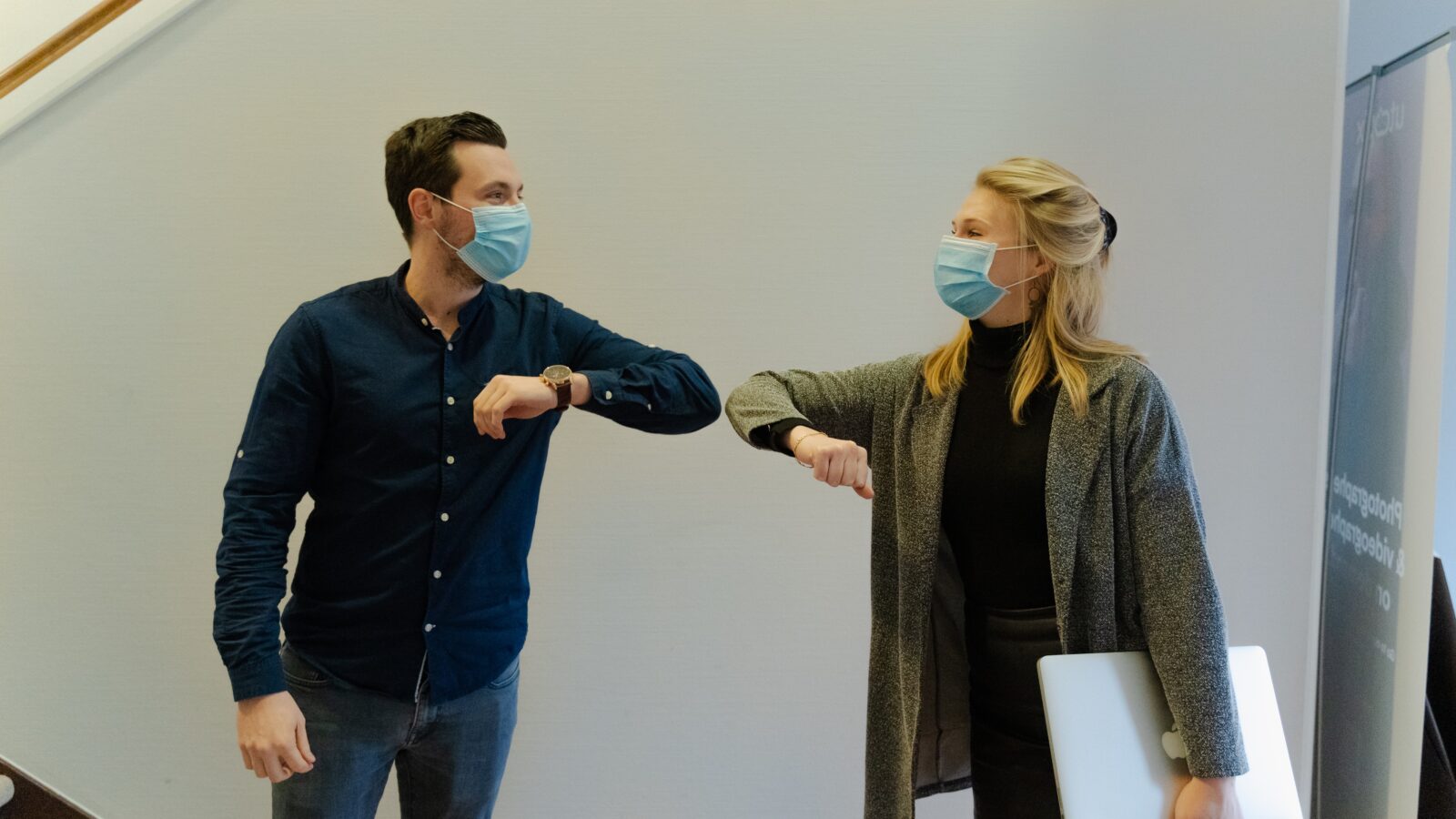
Download the PDf file:
The recent Eurofund survey indicates that the Covid-19 pandemic has had a detrimental impact across all EU countries. Spring 2021 saw a notable increase in negative emotions like anxiety, loneliness, and depression, particularly affecting younger age groups. Around 64% of young adults (18–34 years) are at risk of depression, while senior citizens experienced a significant rise in loneliness.
To address these challenges, a comprehensive educational program and non-formal learning methodology are being developed. The program focuses on enhancing the physical and psychological well-being of individuals dealing with long-term negative consequences of the pandemic. The educational initiative emphasizes lifestyle skills to cope with psychological stress, build resilience, share experiences, and gain psychological support.
An innovative non-formal learning methodology for adult educators, based on storytelling, is a central component. Storytelling is recognized as a potent tool to help individuals make sense of traumatic experiences, empowering them with a sense of control and agency over their lives. Through this methodology, resilience, positive thinking, coping mechanisms for loss and grief, and peer and professional support are fostered.
The approach extends to creating webinars for adult educators working with vulnerable groups, encouraging storytelling, active listening, and empathy. Additionally, an online course is planned for Covid-19 affected populations, focusing on young adults and senior citizens. While both groups faced limitations on physical and social activities, they encountered distinct challenges, with digital skills being a notable differentiator.
The program aims to capitalize on the resilience of senior citizens, who have more experience in navigating adverse life events. By facilitating mutual support through sharing experiences and co-creating solutions, the initiative intends to aid both young adults and senior citizens in their journey toward regaining a sense of normalcy in their lives after the pandemic.
.

- Docente: System Administrator